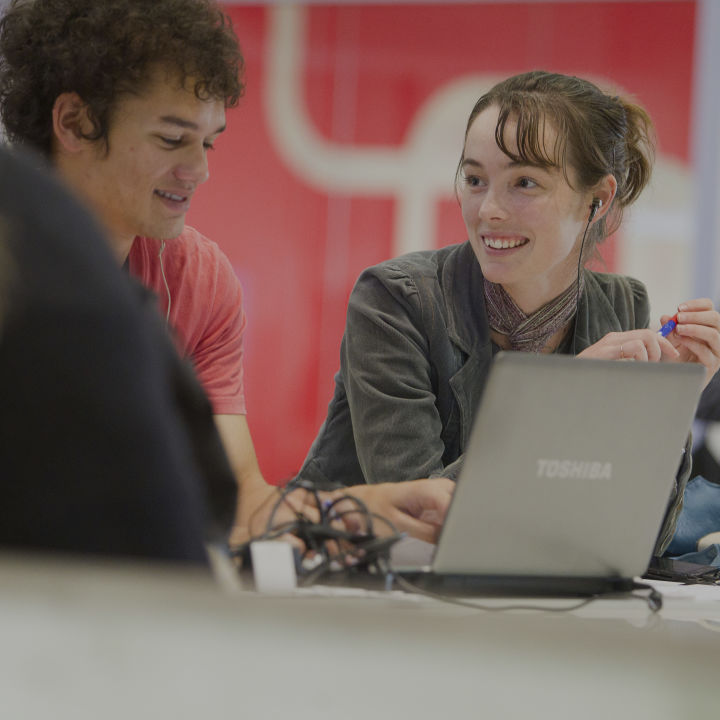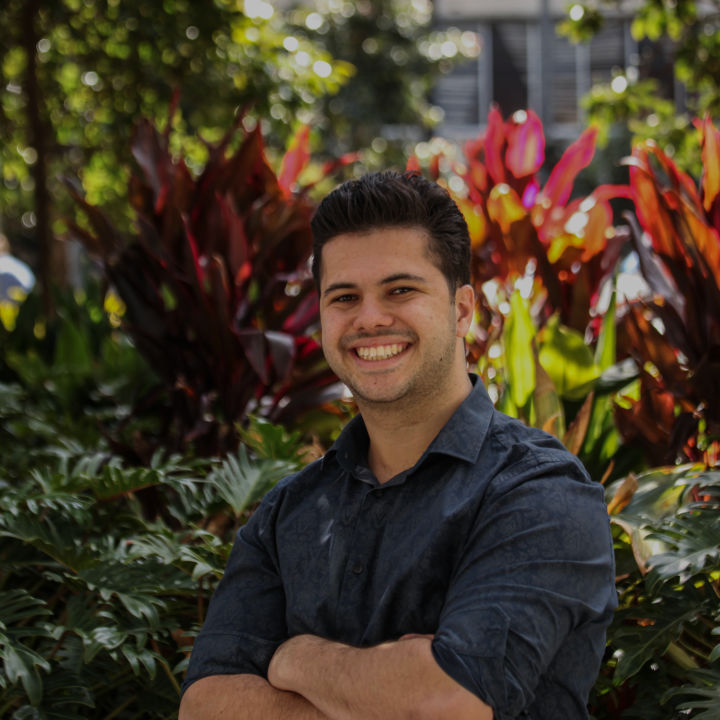SSAF fees are your compulsory union dues, paid each semester. Student unions are the only unions in which fees are paid directly into the hands of management, requiring students to fight annually for our fragment to run valuable services such as BlueBird Brekkie and Night Owl noodles, student advocacy and lawyers, peer tutoring and collective activism.
At UTS they allocate only 11% of SSAF to the Students Association, a figure we have to bargain for annually.
Universities, where student unions have no SSAF funding, have little power. Clubs and societies struggle to get space on campus, or funding to run events. It is a uni where mental health and accessibility support is understaffed and inadequate. A weak underfunded union means students struggle to organise and put up a fight against staff and course cuts. It means we are limited in our ability to represent students, and democratically decide how to support everyone on this campus.
The allocation of your SSAF fees is actually decided by national, state and university legislation, which means all these levels of governance have the power to hand back 100% of SSAF to students, for us to decide how we support each other. In Western Australia in 2016 students lobbied and won 50% of SSAF for student unions. When students have access to this proportion of SSAF funding without the threat of it being taken away, we have so much potential.
The services SSAF funding currently goes towards including mental health, legal, childcare, and welfare support would remain in place, however, they would be run democratically by students, properly funded and tailored directly to our needs. Mental health support would be more than a glorified medical certificate service, providing free, accessible support to all students. The funding for clubs and societies could be increased, helping to reduce membership rates and bring back bar tabs in the underground. We could expand Blue Bird Brekkie and Night Owl noodles to provide more free food on campus, and to ensure no student goes hungry.
Since student unions are democratically run by students, they are also best placed to manage clubs and societies. They know university is about more than the classroom and can deliver the student experience many of us have missed due to the pandemic. At the same time, student unions can continue their tradition of being an important political space, organizing grassroots campaigns for things like climate justice, LGBT rights and free education. However, active and dynamic student unions are impossible without the proper funding, and across Australia, universities have been systematically underfunding student spaces for years
In 2006, the Howard Government outlawed Universal Student Unionism (USU), where students were required to join their student union and pay a membership fee. This change decimated funding for student unions and caused many student organisations to fold. In 2012, the Federal Labor Government introduced the Student Services and Amenities Fee (SSAF) to mitigate the damage to student unions. SSAF is like USU in that students are forced to pay the fee, however importantly, this money no longer goes directly to student controlled organisations. Instead, the university charges it and has no obligation to fund student unions. Today the vast majority of funding for student unions comes from SSAF revenue, however universities have made it clear that they are fully prepared to reduce or fully withdraw funding on a whim. Without financial independence, their ability to fight for student interests is systematically undermined. Under threat of reduced funding, our organisations are told that a stable relationship between the student union and the university is vital. As in, don’t make trouble, don’t cause scenes, don’t do anything to ruin our relationship with management because we can’t afford it.
This system is an easy fix - the current legislation can be amended to mandate that all SSAF funds be directed to democratic student unions.
Students pay these fees. So students, not university management, should decide what they are spent on.

